What Happens to Your Hair If You Only Use Conditioner, Dermatologists Say
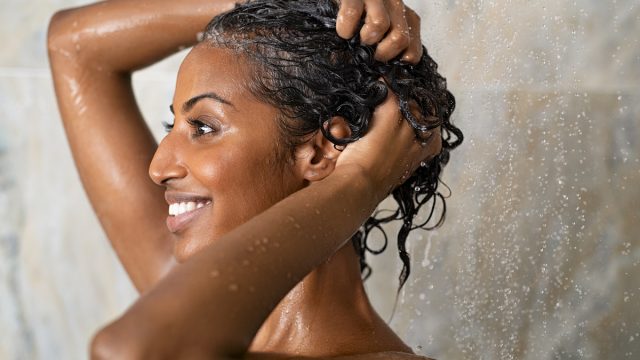
It seems like every day, a new hair trend crops up and promises us glossy, healthy strands. But there’s one practice that’s been around for a while, even though it’s currently getting buzz: co-washing, or the process of washing your hair with conditioner exclusively.
“The theory behind co-washing is that it’s a kinder approach to clean your scalp and hair because the hair is able to maintain its natural oils and stays healthier without the harsh chemicals found in shampoos,” says Anna Chacon, MD, a board-certified dermatologist based in Miami, Florida.
However, the results of this practice will vary depending on your specific hair type. If you’re interested in trying it, be sure to use a silicone-free conditioner (options with silicone could weigh down your strands). Here, dermatologists explain what you can expect when you switch to a conditioner-only hair routine.
READ THIS NEXT: What Happens If You Don’t Wash Your Hair for a Week, According to Doctors.
Your hair could appear less frizzy.

If your hair is well-suited for co-washing, you could have stunning results. “Co-washing can make your hair appear softer, more hydrated, and less frizzy, especially for curly or wavy hair,” says Yoram Harth, board-certified dermatologist and medical director of MDhair. “For certain hair types, it can provide benefits such as increased moisture and reduced frizz.”
Give it a try for a few weeks and see how it goes. Every two weeks, remove buildup by using a clarifying shampoo, suggests Chacon. If you skip that step, co-washing could have detrimental effects.
Your hair could appear dull and limp.
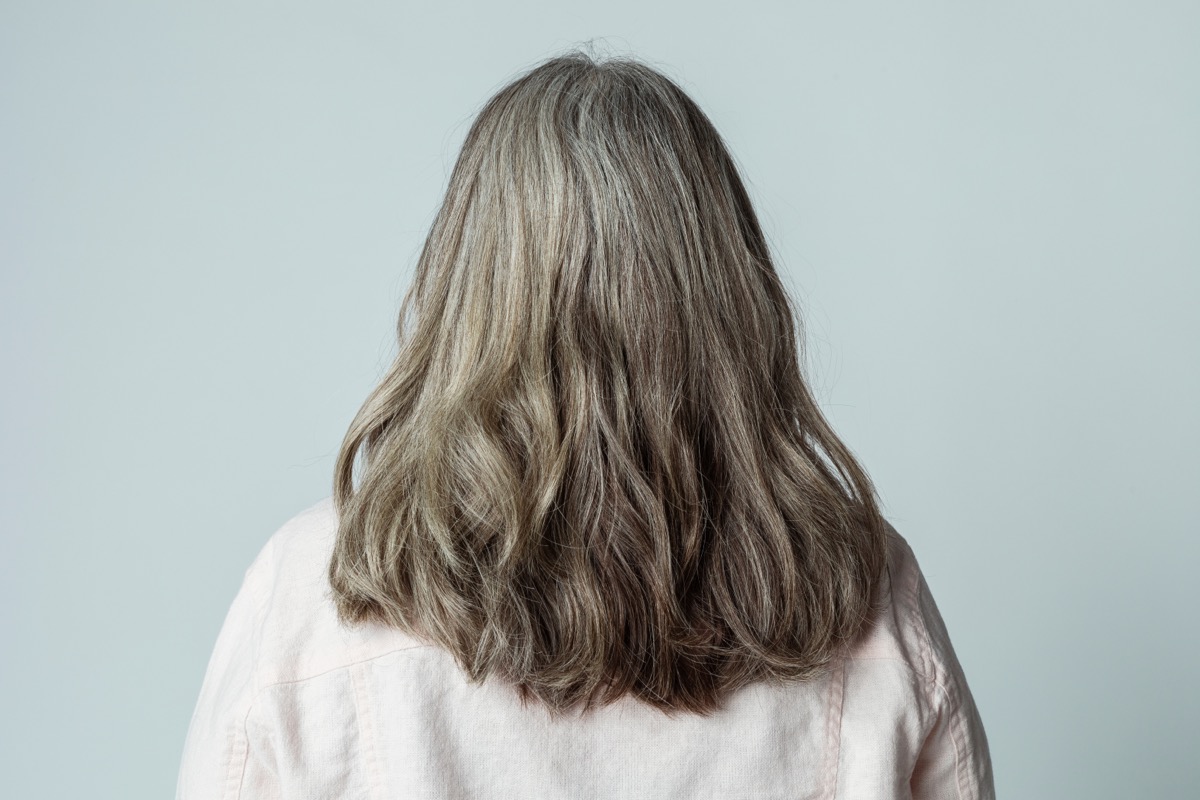
People with fine, oily, or straight hair could experience some not-so-nice results. “Too much conditioner weighs down the hair, causing it to look dull and limp,” says Aanand Geria, MD, a board-certified dermatologist in Verona, New Jersey. “It can also overwhelm fine or thin hair and make it look greasy.” This can happen to people with other hair types, too, but those who already struggle with these issues may want to skip the practice entirely.
READ THIS NEXT: What Happens If You Don’t Shower for a Month, According to Doctors.
You may notice scalp issues.
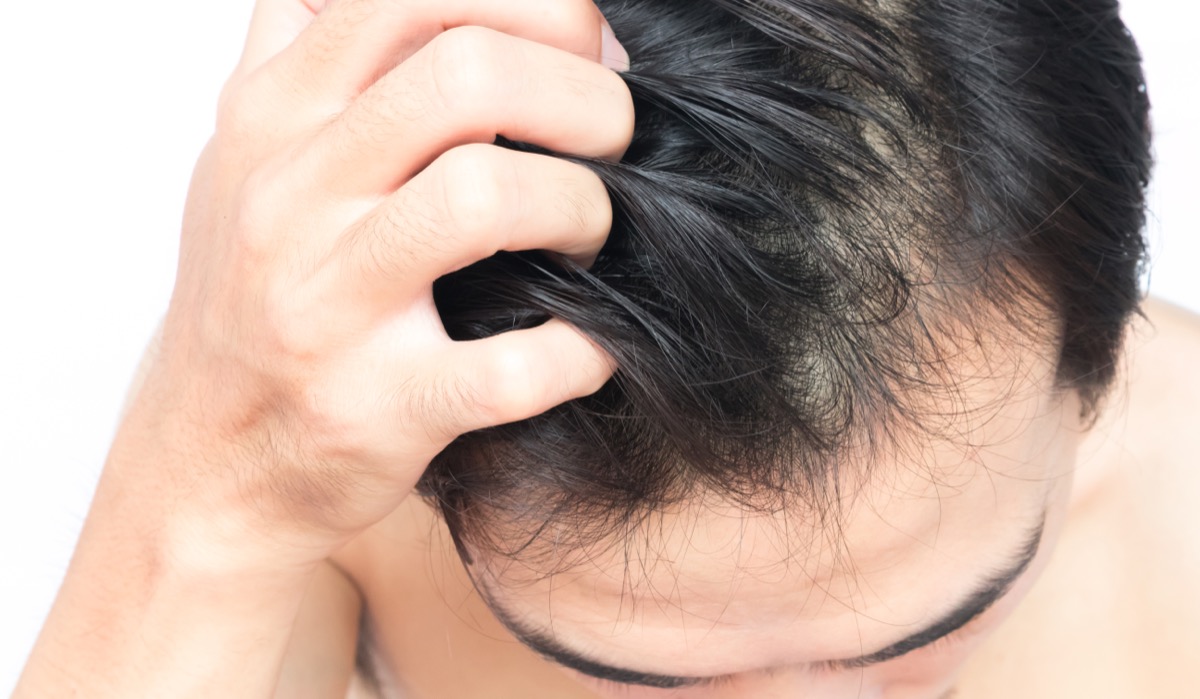
Regularly skipping shampoo and using conditioner only will ultimately lead to product build-up on the scalp. “Conditioner is not formulated to remove oil, dirt, and other impurities from the scalp and hair,” says Geria. “When the scalp is not effectively cleansed, clogged hair follicles can result in dandruff, irritation, and in extreme cases, hair loss.” If you have any existing scalp conditions, such as seborrheic dermatitis or psoriasis, you’ll want to avoid co-washing.
Your hair color might last longer.

Co-washing offers a surprising benefit: extended hair color duration. “For some people, co-washing can help maintain hair color by avoiding the stripping effects of harsh shampoos,” says Harth. However, he still suggests striking a balance between co-washing and regular shampooing to ensure scalp and hair health. If you do, you just might be able to make fewer salon visits!
Your hair may grow more slowly.
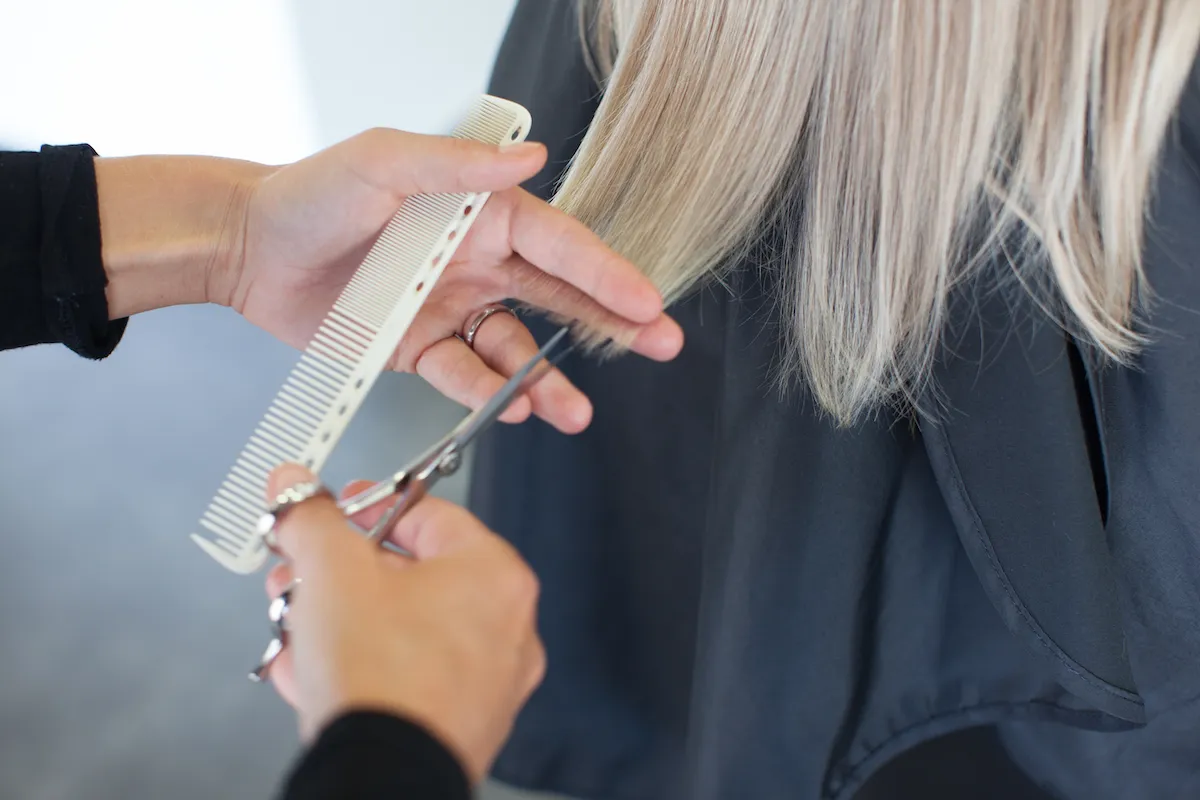
There might be another reason co-washing leads to fewer salon trips: less growth. “The hair follicle may not breathe as well after co-washing, which is necessary for good hair growth,” says Chacon. “Now might not be the best time for you to pursue this trend if you’re trying to grow out your hair.” Clarifying shampoo can mitigate this, but your growth still might not be as fast as it would be if you shampooed regularly.
For more beauty advice delivered straight to your inbox, sign up for our daily newsletter.
You may notice a scent.
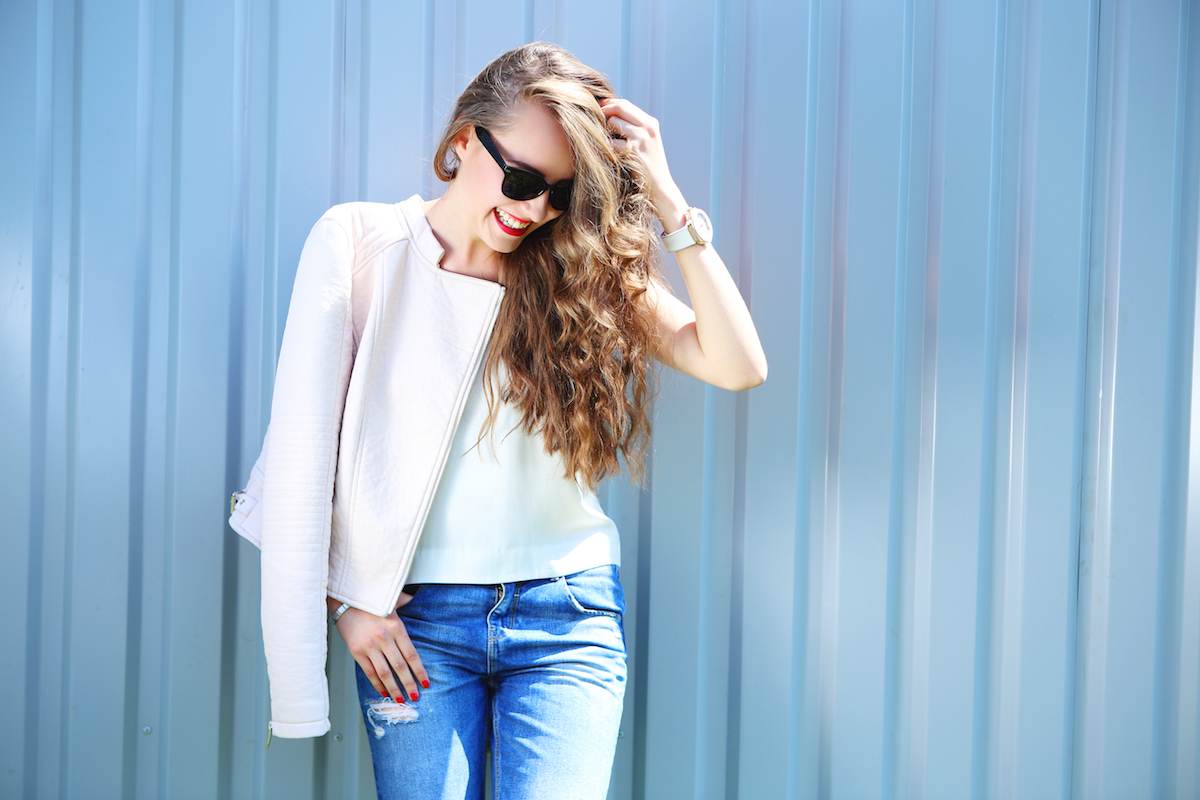
Ultimately, shampoo is what cleanses the hair. So if you skip that step in your haircare routine—especially for an extended period—your hair could develop a scent. “Some people with thick hair may notice that their hair occasionally smells somewhat musky rather than healthy and clean as you would after shampooing,” says Chacon. Fortunately, it’s reversible with a good old shampoo scrub.